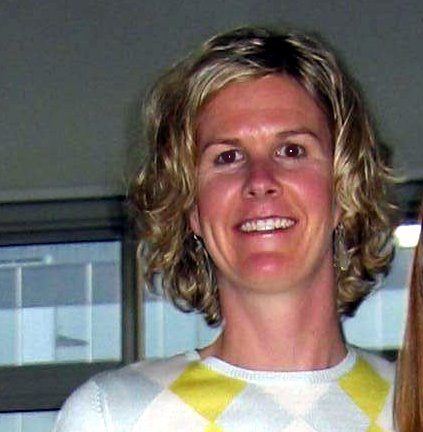Botswana, Part II – Expats
Although we only stayed in Botswana two days, I loved what I saw and experienced there during that short time. And, so do many others it seems, many of them expatriates, whom I met while in Gaborone, who came there for a year or so and stayed. All expressed the same sentiments to me – they arrived intending to work for only a short period and, not only fell in love with the country and its people, but saw the great need for help and could not leave. You could tell, from talking with them, what difficult decisions it had been for them and how homesick they were – for England, Sweden, the United States, for their families back home – but they simply could not leave. Several of the teachers who listened to Linda’s speech that morning at the Maru-a-Pula school all remarked that they understood her descriptions of sacrifice, for it was what each of them felt that they were doing by staying and working in Botswana, so far from home.
I found Botswana a wonderful place and understand wanting to stay and help the people there. First off, the local beer is called “St. Louis Lager.” What could be a better for a beer-loving girl from Missouri, than that? I was told that there is a large Botswana population in St. Louis...Jesse, my sister-in-law from St. Louis, will need to look into that further for me.
Second, and more seriously, the people are amazing, gracious, polite, warm, and non-contentious. Botswana has an interesting past and, I want to believe, a hopeful future. The British were a light-handed colonial power in Botswana, and the transition to its independence in 1966 was peaceful. Around that same time, diamonds were discovered and the prosperity was shared with the people. Money was spent on healthcare, roads, and other infrastructure. Botswana went from being one of the 25 worst-off countries in the world to a "middle-income" country, now one that has to fight for donor aid and NGO attention because it is considered to be doing comparatively well. On the flip side, it is considered the least corrupt country in Africa, so at least donors know with some confidence that their money will be well spent.
But the AIDs pandemic hit Botswana extremely hard. Most of the population is crowded into the southeastern section of the country, near Gaborone and the diamond mines, and as a result of this density, combined with all of the prostitutes who work the routes of the diamond truck drivers in the area, the HIV virus spread rapidly. Today, 37% of people between the ages of 15-50 have HIV/AIDs - a staggering number. However, and here is the hopeful part, the government has started to work hard to fight this - it gives out free anti-retrovirals to every person whose white blood cell drops below 200 (don't quote me, but it might be the only African country that does this) and has launched a large "stigma free" campaign (even, a bit ridiculously, crowning a Miss HIV Stigma Free...not joking). President Mogae has been tested, people are talking about it openly, clinics have been opened up in remote areas of the country, training of healthcare workers is taking place. Despite the frightening statistics, most of the people I met in Botswana found reason to be hopeful that their country and people were moving in the right direction.
Finally, there is the Botswana environment - the Okavango Delta, the Kalahari, the Chobe National Park, etc. Unfortunately, I did not have time to explore the Botswana parks on this trip (but hopefully will next summer with my family). When I asked people there what they love to do in their spare time, their answer was always the same - that they pack up their 4x4s and drive out to a park for the weekend and sleep, literally, with the lions. It is definitely another reason they find living there an unparalled experience.
On our second night in Botswana, we went out to dinner at a steak house in Gaborone called "Bull & Bush" - great steaks, really, that would rival many I've had in the U.S. We were joined, along with Andy, by the cricket coach/chemistry teacher at at MAP (one job more interesting to me than the other...), a woman who is the head of the Harvard AIDs Project in Botswana, and the Chairman of MAP and his wife (both also avid explorers of the Botswana game parks and authors of several books on Botswana). Dinner conversation was lively and informative, and at the end, turned towards the topic of why they all are in Africa and what it means to them. Andy left us with a quote that evening, one he said someone had recited to him when he left MAP to go back to the U.S. after his first stint teaching there, it is from "Little Gidding" and I thought it pretty well summed-up what the expats had expressed to me:
"...And what you thought you came for
Is only a shell, a husk of meaning,
From which the purpose breaks only when it is fulfilled
If at all..."


<< Home